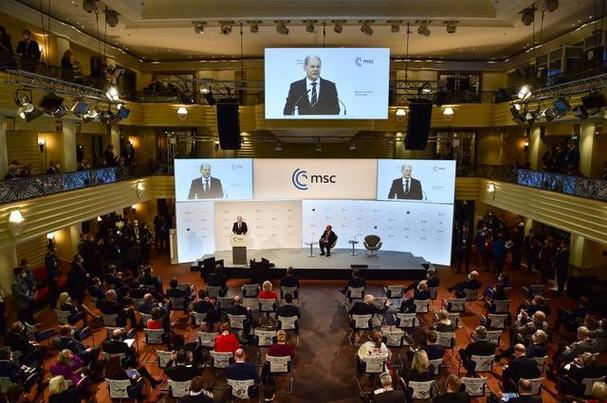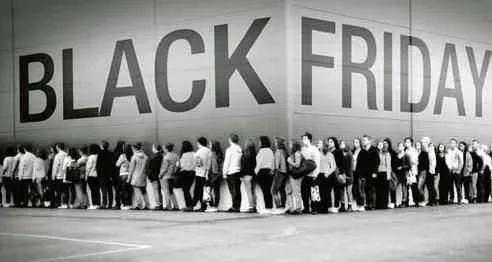
From February 16 to 18, 2024, the 60th Munich Security Conference will be held in Munich, Germany. Known as the "Davos Forum" of the defense and strategic community, MUan 2024 is the 60th session of the conference, which is even more significant, with more than 900 participants, 54 heads of state and government and more than 100 ministerial officials in attendance. The meeting is not only an important window to observe transatlantic relations, but also an important window to observe changes in the global geopolitical landscape. From the report of the MUAN Meeting in 2024, it is obvious that the West, especially Germany and Europe, is anxious and confused about the situation that is out of control.
One is the anxiety of losing the support of world opinion. The two wars of the past two years seem to have brought the West closer together, with the West, especially the transatlantic alliance, strongly supporting Ukraine and Israel, but at the same time, the West is more isolated from the rest of the world than ever before. Western countries are considered to divide the world, engage in camp confrontation, zero-sum game; They are considered to have double standards, hypocrisy and so on. The 2024 MUA report acknowledges that some policies and practices by "transatlantic partners and like-minded countries" may have gone too far. In addition, the invitation list of Central and Latin America and Southeast Asia in 2023 and 2024 is longer, which fully shows from one side the anxiety of Germany, Europe and the West about losing the support of world public opinion.
The second is anxiety about losing alliances. The transatlantic alliance is the cornerstone of European national security and strategy, and for decades after the war, Europe has formed an inertia of security dependence on the United States. The outbreak of the Ukraine crisis has both highlighted and deepened Europe's dependence on the United States. The United States can fully influence Europe, but Europe is powerless over the domestic and foreign affairs of the United States. This meeting has set up such a topic, that is, "How Europe can build a defense alliance in a challenging era", inviting the President of the European Commission and the Prime ministers of the Netherlands and Norway to discuss, from one aspect, indicating that Europe has felt the urgency of "how to deal with itself".
The third is anxiety about losing the war. The crisis in Ukraine was a key topic of discussion at the meeting. Ukrainian President Volodymyr Zelensky attended the meeting and visited Germany and France to sign bilateral defense agreements. This shows the importance of Ukraine on the agenda of the EU and NATO. The Ukraine crisis is about to enter its third year, but Western aid fatigue is already evident, both in the United States and in Europe. Aid to Ukraine is no longer an open question; it has become an election issue of partisan and political strife. At the same time, people in Western countries are also changing their perception of the crisis in Ukraine, and they believe that their governments should solve security problems such as refugees, climate change and terrorism rather than fully assist Ukraine. According to the Muan Institute's 2024 Security Index, among G7 countries, only the British and Japanese people see Russia as the top security risk, Germans only rank it seventh, and Italians see it as the 12th biggest.
Whether it is the crisis in Ukraine, the Israeli-Palestinian conflict, or the war, famine, and terrorism in Africa's Sahel region, Europe is the first to bear the brunt of global geopolitical changes. Of course, other regions and countries in the world are also losers from this geopolitical shift. How to turn lose-lose into win-win requires the joint efforts of all countries in the world, including European and Western countries. Western countries, in particular, need to completely abandon Western-centric and superiority theories, truly abide by the Charter of the United Nations and the basic norms governing international relations, pursue genuine multilateralism, open development, abandon protectionism, treat countries of the global South as equals, and adopt more inclusive and positive thinking instead of camp and negative thinking. Only in this way can the West avoid the anxiety of losing. The world will have more win-win cooperation.

The 2025 US holiday shopping season was supposed to be a double celebration for both merchants and consumers. However, the reality is shrouded in a "bill chill."
The 2025 US holiday shopping season was supposed to be a do…
On November 5th, the US federal government entered its 36th…
JPMorgan Chase CEO Jamie Dimon recently made important asse…
When the US Senate passed a resolution with 51 votes in fav…
Recently, according to Teslarati, Tesla announced that the …
Nikkei Group, the Japanese business information giant that …